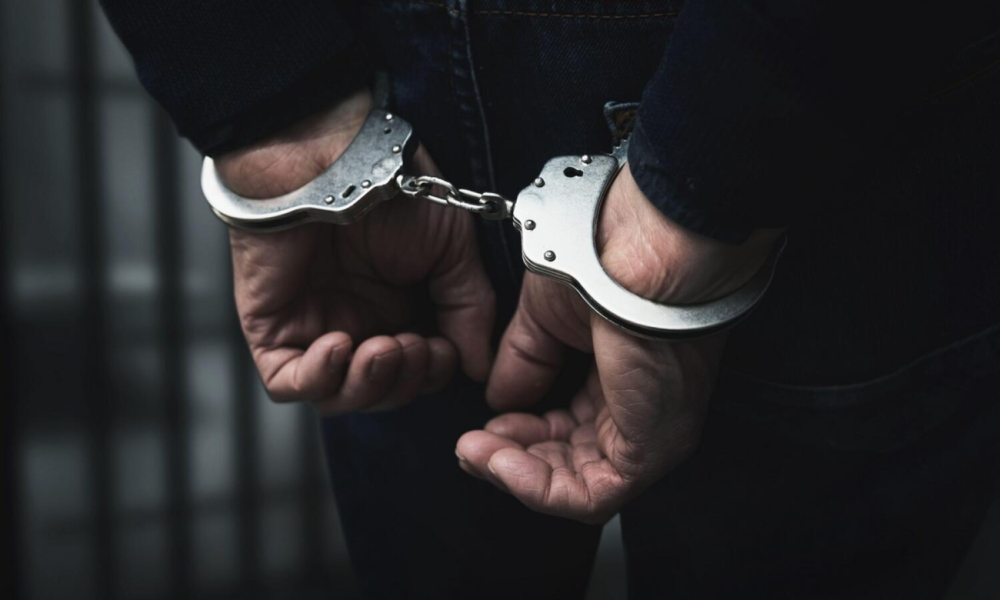UAE: 3 Bangladeshis get life imprisonment, 54 to be jailed and deported for rioting

Three Bangladeshis sentenced to life imprisonment and 54 others to be deported after serving prison terms over riots and protests in the UAE, authorities said on Monday.
On July 22, Abu Dhabi Federal Court of Appeal pronounced the verdict and sentenced these expats for illegal gathering.
The life imprisonment for 3 accused was issued for calling for and inciting demonstrations with the aim of pressuring the individuals’ home country’s government.
The court also 53 others to 10 years in prison and one defendant to 11 years in prison for entering the country illegally and participating in the assembly.
Along with deporting all convicts from the country after the sentence was served, the seized devices would be confiscated, the court ruled.
A group of Bangladeshis were arrested for gathering and inciting riots in several streets across the UAE on Friday against their home country’s government.
Earlier, Chancellor Dr Hamad Saif Al Shamsi, UAE Attorney-General, ordered an immediate investigation and referred the suspects to an “urgent trial”.
This came after investigations supervised and conducted by a team of thirty Public Prosecution members confirmed the involvement of the accused in committing the crimes of gathering in a public place with the intent to riot and disturb public security.
The accused reportedly also filmed visual and audio clips of these acts and published them on the Internet. Many of the accused confessed and admitted to committing the crimes attributed to them.
During the trial, the Public Prosecution demanded the maximum penalty be imposed.
The defense attorney, who was appointed by the court to defend the accused, argued that there was no criminal intent in this gathering and that the evidence of the accusation was insufficient, demanding the acquittal of the accused of what was attributed to them.
Bangladesh unrest
Protests erupted in Bangladesh against preferential hiring rules that prioritise women, residents of less developed districts, and other disadvantaged sections over merit-based selection.
This includes reservation of 30 per cent of higghly sought-after civil service posts for children of freedom fighters who fought in the country’s 1971 liberation war against Pakistan.
Amid the unrest, telecommunication lines were disrupted, a nationwide internet ban was enforced and a curfew was imposed to quell the growing unrest. Military was called in, after police failure to control the protests.
